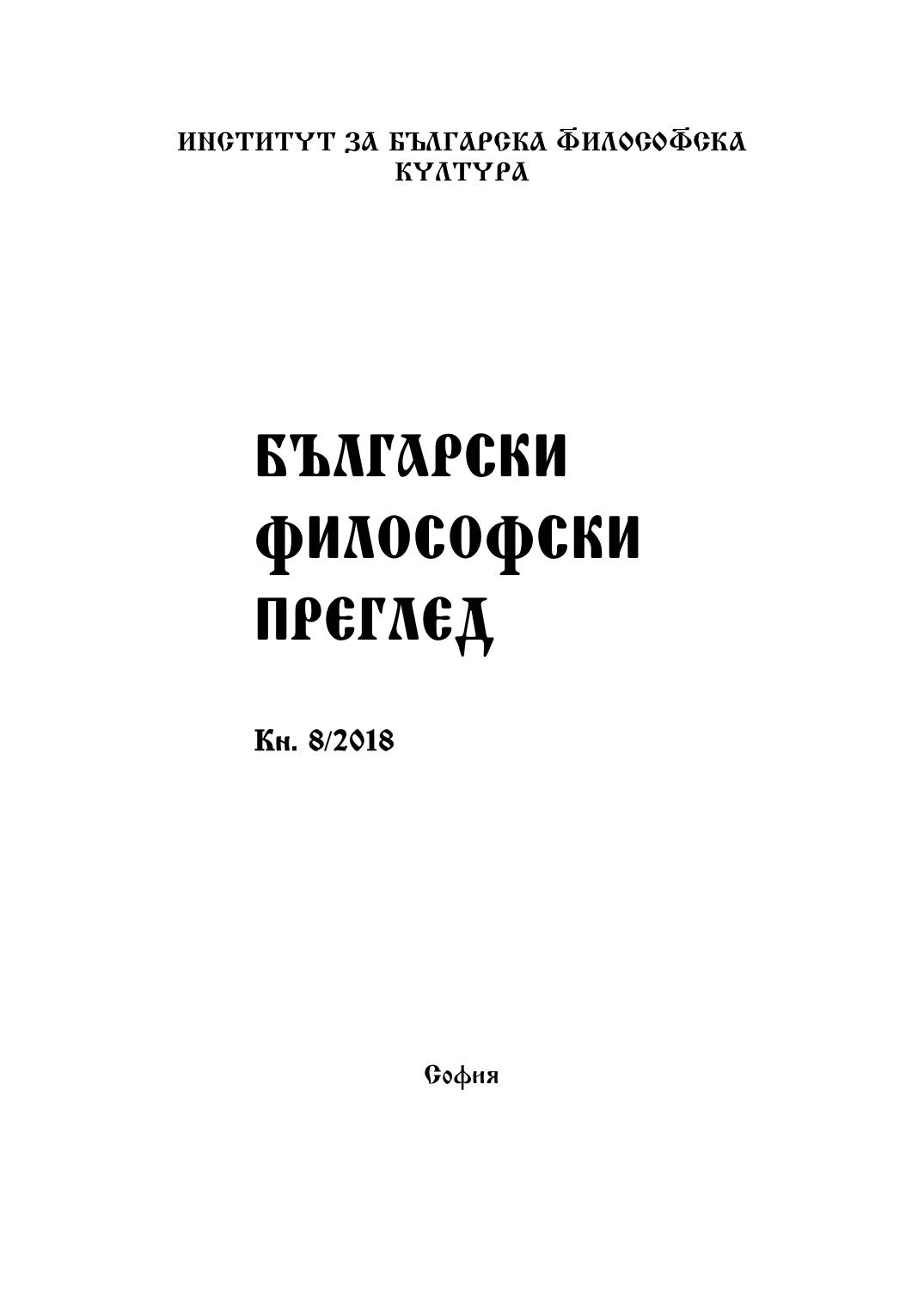Фалшивите храни
Fake Foods
(Throughout the Social Philosophy of Nutrition)
Author(s): Rajcho PozharlievSubject(s): Philosophy, History of Philosophy, Contemporary Philosophy
Published by: Институт за българска философска култура
Keywords: fake foods and drinks; taste and knowledge
Summary/Abstract: The text attempts at interpreting the so-called phenomenon of "fake foods and drinks" that can be found in the cuisine of many peoples, like fake rabbit, fake moussaka, fake meatballs, fake whiskey, etc. Plausible models for explaining this phenomenon are presented on the basis of the socio-economic differentiation of nutrition by the sociologist Pierre Bourdieu and the theory of the gesunkenes Kulturgut (“sunken goods”) of the ethnologist Hans Naumann. The first model regards the phenomenon studied as a direct consequence of the formation of specific class-oriented nutritional attitudes characteristic of groups that differ in their social. The second model explains the imitation in food names in according to Naumann's principle that, throughout history, the socially inferior groups emulate the taste preferences of the dominant elite “primitive communal culture”. The methodological and historical constraints of both approaches are shown, and the assertion is that the phenomenon examined is much more sophisticated. Instead of applying these approaches, the phenomenon of “fake foods” is interpreted through the prism of Michel de Certeau's theory of everyday inventions which oppose the forms of power-making that are available not only in the area of politics but also in disciplining everyday practices, including in the field of food culture. The historical processes in the sphere of nutrition are monitored, as well as those of the gradual separation and autonomy of taste from knowledge, and also the schemes of ingredient preparation and standardisation. This is a process which anti-normalises nutrition and it results in the separation of pleasure from the actual nutritional content. Thus it becomes the main resource of a kind of "fictional reality of pleasure" as the objective in the nutritional preferences of certain groups whereby the social inaccessibility of some foods disappears.
Journal: Български философски преглед
- Issue Year: 2018
- Issue No: 8
- Page Range: 167-177
- Page Count: 11
- Language: Bulgarian
- Content File-PDF

